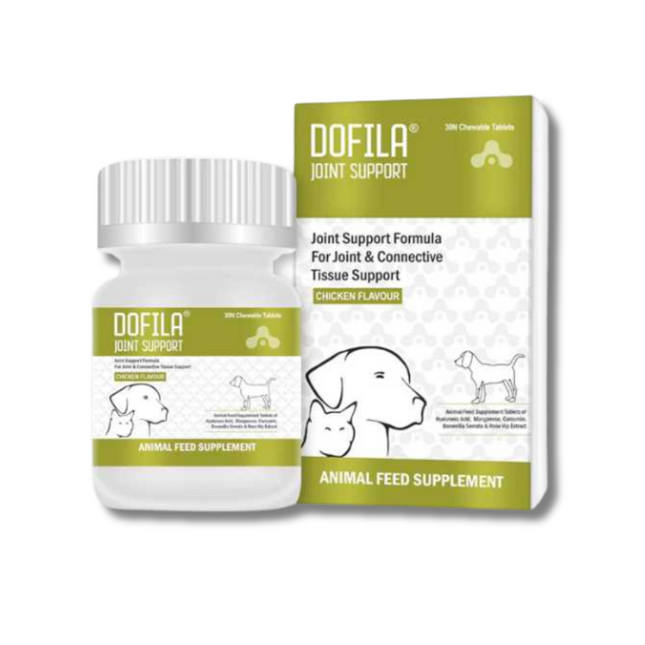
What is Pain?
Pain can come from a number of sources. It could be a broken or fractured bone, a toothache, arthritis, ear infection, or cancer. These are only a few of the conditions that can cause your dog to be in pain. Recognizing that your dog is feeling pain is the first step to figuring out what is wrong and getting them the help they need.
Many times dogs will suffer silently when they are in pain. It can be difficult to tell if your dog is in pain unless the pain is so intense or the cause is obvious, such as an observed trauma or a very noticeable limp. If you suspect that your dog is suffering from some form of pain, be careful when examining them. Dogs that are in pain are more likely to lash out and bite, even if that is not their normal temperament. Your dog’s behavior will likely change and so will their overall appearance, they may curl into a ball or keep their head down. You should call your veterinarian immediately if you think your dog is in pain. Do not give any medication unless your veterinarian has directed you to do so.
Symptoms of Pain in Dogs
Many times your dog will be feeling aches and pains and never let on that they are hurting. You may notice that your dog has slowed down or is sleeping a bit more but will probably think nothing of it. There are other signs that you can look for that will tell you your dog is experiencing pain and needs to be seen by your veterinarian. Symptoms of pain in dogs include:
- Elevated heart rate
- Fast breathing
- Whining
- Flinching
- Trembling
- Behavioral changes
- Limping
- Decrease in energy
- Decrease in appetite
- Sleeping more or less
- Growling or biting when touched
- Swelling in specific areas
- Dull-looking eyes or eye discharge
Causes of Pain in Dogs
There are so many potential causes for your dog’s pain. If the pain is not obvious, such as a limp or a cut, then your veterinarian will need to do some investigative work to determine the cause of your dog’s pain.
Bone cancer is an especially painful condition that many times will go undetected until its later stages. Your veterinarian may have to exhaust every other potential cause until they find that your dog is suffering from bone cancer. And this may be true for several different cancers that affect dogs.
Infections, such as bladder or ear can be extremely painful for dogs. If the inflammation has been occurring for some time they may be suffering in silence. Kidney and bladder stones are also another cause of pain in your dog.
Arthritis can cause your dog pain as they age, especially when they have been lying in one position for too long and go to move or get up. Periodontal disease or a simple toothache can also cause pain and will need to be addressed.
Diagnosis of Pain in Dogs
You must have your veterinarian examine your dog and search for the cause of their pain. There may be an underlying cause that will need specialized treatment.
If the source of your dog’s pain is not obvious, your veterinarian will begin by asking about your dog’s medical history and about when you first noticed the pain. If there is a specific part of your dog’s body that is especially painful, let your veterinarian know, they are searching for a needle in a haystack when trying to determine the cause of pain when it is not obvious.
Your veterinarian will run routine tests to see if there is anything abnormal as well as rule out potential causes. Those tests will likely include a complete blood count, biochemistry panel, urinalysis and fecal exam. Ultrasounds and x-rays may also be ordered to look internally for any tumors, bladder or kidney stones or fractures.
Once your veterinarian has determined the cause of your dog’s pain, they can then discuss treatment options with you and begin giving appropriate pain medication to alleviate your dog’s discomfort.
Treatment of Pain in Dogs
Treatment for pain in dogs will vary depending on the actual diagnosis. Once your veterinarian has discovered the cause of your dog’s pain, they will discuss your treatment options and your dog’s prognosis.
Pain medications and anti-inflammatory medications may be prescribed to make your dog comfortable before and during treatments. Never give pain medications without first consulting your veterinarian.


